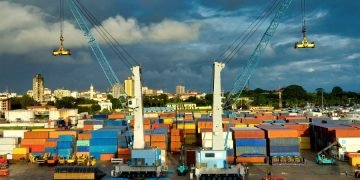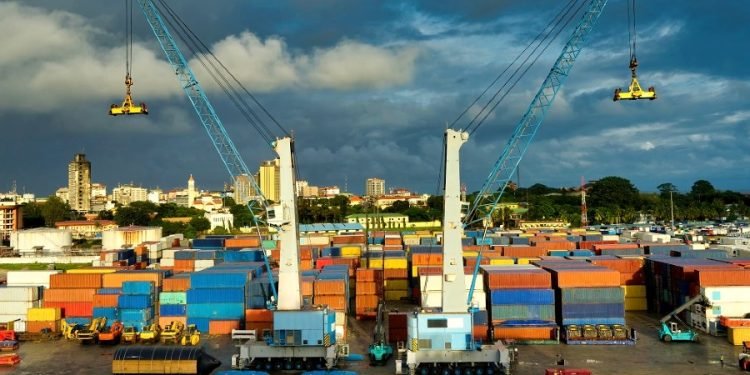By Eva Richardson | The Logistic News
April 14, 2025
As of this month, a new layer of border security and data compliance has taken effect across Europe. On April 1, 2025, the European Union formally expanded its Import Control System 2 (ICS2) to cover rail and road transportation, ushering in a significant regulatory shift for cross-border freight operators.
The new rules require all carriers—including rail freight companies, trucking firms, express couriers, and postal operators—to submit advance cargo information to EU customs before arrival, regardless of whether the shipment is entering the EU or simply transiting through it.
“This isn’t just a procedural update—it’s a fundamental change in how goods move into Europe,” said a customs compliance expert based in Brussels. “Data quality and timeliness are now critical.”
What ICS2 Means for Land-Based Freight
ICS2 is the EU’s flagship customs pre-arrival security program. Initially launched for air cargo, the system has now entered Release 3, which targets land transport for the first time. From now on, carriers must file Entry Summary Declarations (ENS) through a unified EU Customs Trader Portal.
Key requirements include:
-
Submission of detailed cargo data before goods reach the EU external border
-
Identification of all parties in the supply chain, including final consignees
-
Information about goods, routing, packaging, and safety standards
Rail and road operators must update internal IT systems, train staff, and pass a conformance test to connect with EU customs infrastructure.
A Staged Rollout with Critical Deadlines
To ease the transition, customs authorities across the EU are offering a deployment window for operators not fully ready by the April 1 start date. However, full compliance is mandatory by September 1, 2025, when the previous system (ICS1) will be entirely decommissioned.
Failure to comply may result in delays at EU borders, or in extreme cases, denial of entry for goods until corrected data is received.
“For freight forwarders and shippers, the stakes are high. Missing one data point could mean hours—or days—of delay at the border,” said a supply chain analyst.
The Bigger Picture: Security, Visibility, and Control
This expansion of ICS2 is part of a broader EU initiative to strengthen customs intelligence, counter smuggling, and improve supply chain transparency. For legitimate operators, it also provides new advantages: better tracking, risk analysis, and faster green-lane clearances for compliant players.
However, the new framework adds complexity—particularly for small and mid-sized carriers who may lack the digital readiness of larger logistics firms.
To help ease the burden, the EU has published extensive guidance materials, sample datasets, and timelines for self-testing, encouraging all affected operators to prepare well ahead of the final deadline.
Eva Richardson is a senior correspondent at The Logistic News, covering customs compliance, international trade regulations, and EU logistics policy.























